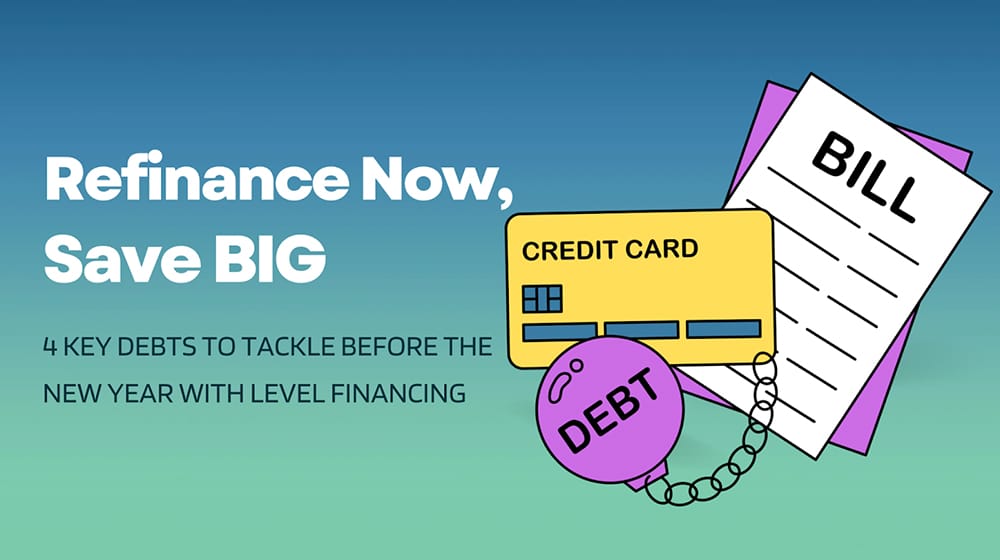M-o-n-e-y. For many women, this five-letter word is a major anxiety and stress source. Financial concerns constantly weigh on the minds of women today.
But there is hope. This article will discuss common root causes of money stress for women and provide actionable strategies to help you master your finances, reduce uncertainty, and find financial empowerment.
Understanding The Root of Financial Stress
Let’s start by examining some of the key reasons why money is often a top stressor for women.
The gender pay gap is still very real
Despite making strides towards equality, women continue to earn less than men in the workplace. According to the National Committee on Pay Equity, women make only 81.6 cents for every dollar earned by men. This discrepancy adds up over a lifetime, resulting in less savings and retirement funds down the road. Knowing you are underpaid can cause chronic stress.
Women bear the brunt of childcare costs
Whether staying home or working, the bulk of childcare and housework often falls on women. The high costs of daycare, activities, medical bills, and more strain budgets. If you are a single mom, expenses are even more daunting. Ongoing financial demands as the family’s primary caregiver are a huge source of stress.
There are societal expectations of looks and lifestyle
From outfitting children for school to keeping up appearances, women feel immense pressure to portray a “picture-perfect” life. The non-stop marketing and social media bombardment about ideal lifestyles also fuels “spending stress.”
Many women lack financial know-how
Schools do not mandate financial literacy, so generations of women are left unprepared to manage budgets, debt, investing and more. Without a solid money education, it is easy to feel lost, helpless and stressed.
Key Takeaway: The wage gap, domestic duties, and knowledge gaps contribute to higher financial anxiety for women.

Embracing Financial Education
Building financial knowledge is crucial for gaining confidence and perspective. Learn budgeting basics, debt reduction tactics, investment principles – whatever topics are relevant to your situation. Useful resources include books, online courses, nonprofits, and financial advisors. Knowledge alleviates money-related uncertainty.
Key Takeaway: Seek out financial education resources to improve money management skills.
Creating a budget and sticking to it
Budgeting gives clarity and control over finances. Track income and expenses, identify wasteful spending, and map future cash flow. Budgeting apps help automate the process. Build a realistic budget with room for discretionary spending. Review and adjust it periodically as circumstances change. Follow your budget to make progress.
Key Takeaway: Budgeting provides visibility into finances and structures spending.
Building an Emergency Fund
Emergency funds prevent unexpected expenses from becoming crises. Experts recommend saving 3-6 months’ worth of living expenses if possible. Start small if needed – something is better than nothing. Make automatic monthly contributions. Store the money in an accessible savings account. Only use the fund for true emergencies.
Key Takeaway: Emergency funds provide financial security in case of surprise bills.
Read More: Taking Out a Personal Loan for Emergencies
Prioritizing Debt Repayment
Debt imposes extra costs in interest and weighs on peace of mind. Create a debt payoff plan targeting high interest accounts first. Explore balance transfer or consolidation options. Make more than the minimum payments. Once debts are cleared, redirect payments into savings and investments.
Key Takeaway: Paying down debt faster frees up money and eases stress.
Investing For The Future
Investing builds long-term wealth and stability. Start with retirement accounts like 401(k)s and IRAs using simple index funds. Contribute regularly over time. Seek help determining an appropriate asset allocation for your goals and risk tolerance. Compounding growth reduces future dependence and uncertainty.
Key Takeaway: Investing expands financial resources down the road.

Final Thoughts
Though money concerns are the top cause of stress for women, there are many ways to move towards financial empowerment, stability, and peace of mind.
Begin educating yourself on personal finance basics, budgeting, and smart money management techniques. Build an emergency fund for a safety net against surprises. Tackle debt decisively and begin investing for long-term security. With increased financial know-how and some diligence to implement money strategies, you can master your finances and thrive!




